Circumcision in Hemophilia
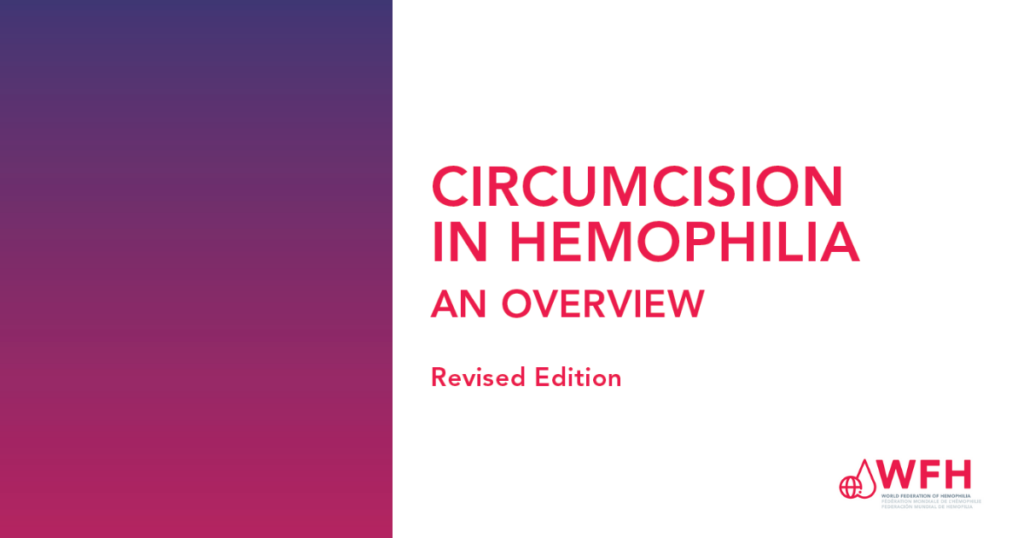
This paper provides an overview of the Turkish method for circumcision in people with hemophilia, as well as appendices of the Israeli and Moroccan perspective. The WFH does not engage in the practice of medicine and under no circumstances recommends particular treatment for specific individuals. For diagnosis or consultation on a specific medical problem, the […]
Psychosocial Care for People with Hemophilia
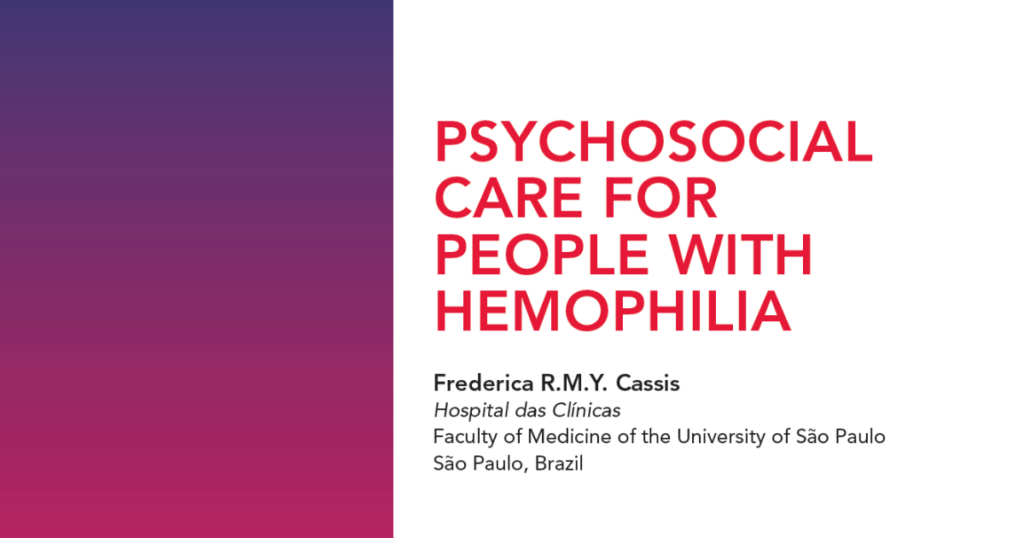
Psychosocial support is an important part of comprehensive care for people with hemophilia. The aim of this monograph is to guide parents and healthcare providers in the interventions and support that can be provided at all stages of development, from birth to adulthood.
Inhibitors in Hemophilia: A Primer – Traditional Chinese
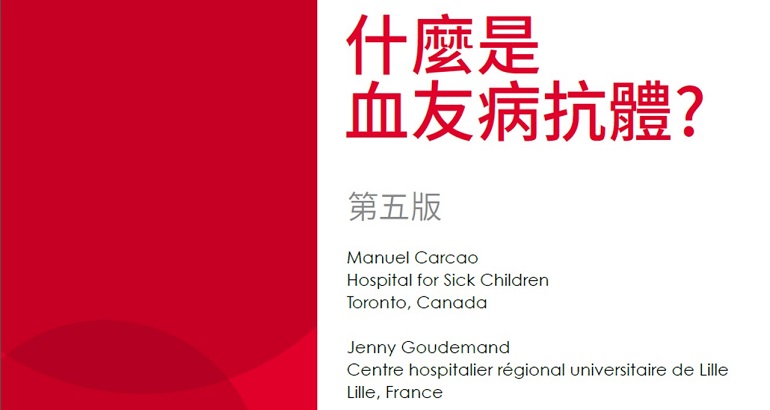
Also Available In: English, Spanish This is not an official WFH translation. This resource has been translated with permission by a WFH National Member Organization (NMO), and is shared here with their kind permission. Translating organizations are encouraged to have translations reviewed by local experts, the WFH is not responsible for the translation or for […]
Inhibitors in Hemophilia: A Primer
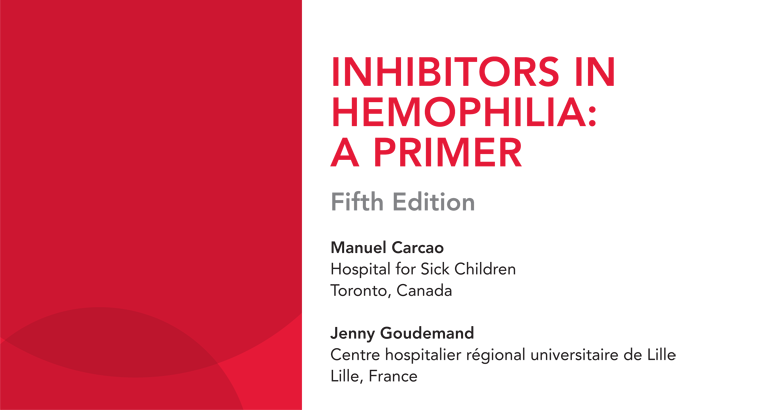
This resource has also been translated into the following languages, with permission from the WFH, by NMOs: Traditional Chinese Inhibitors are a serious complication of hemophilia caused by an immune response to clotting factor concentrates. Treatment of inhibitors is one of the biggest challenges in hemophilia care today. This primer explains our current understanding of […]
Diagnosis of von Willebrand Disease: Phenotypic Characterization
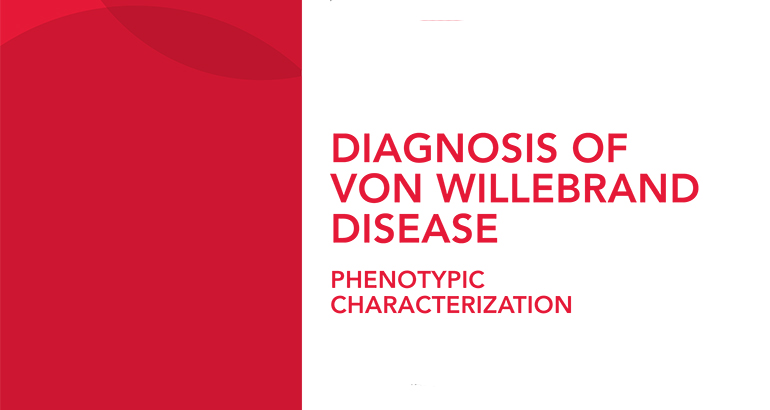
The accurate diagnosis of von Willebrand disease (VWD) is crucial to its management. This resource describes laboratory tests based on the observable traits, or phenotype, of a person with bleeding symptoms and a positive family bleeding history that can be used to determine the specific type and variant of VWD. The companion monograph, TOH 56 […]
Molecular Diagnosis of von Willebrand Disease
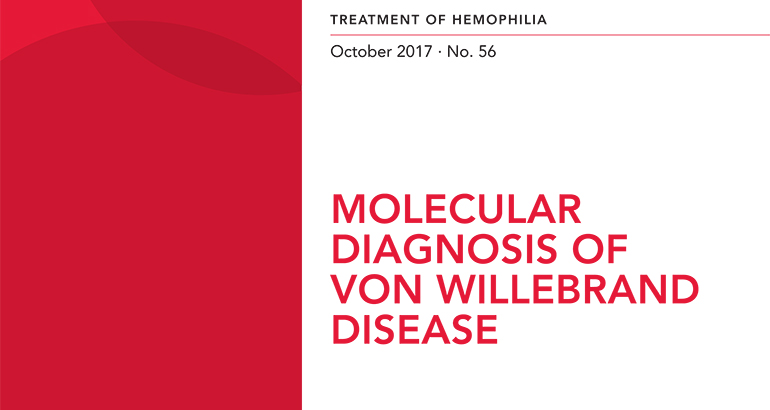
The accurate diagnosis of von Willebrand disease (VWD) is crucial to its management. This resource describes the techniques used to determine the genetic nature, or genotype, of a suspected case of VWD. The companion monograph, TOH 55 Diagnosis of von Willebrand Disease: Phenotypic Characterization, provides a detailed review of the laboratory tests that can be […]
Genetic Counselling for Hemophilia
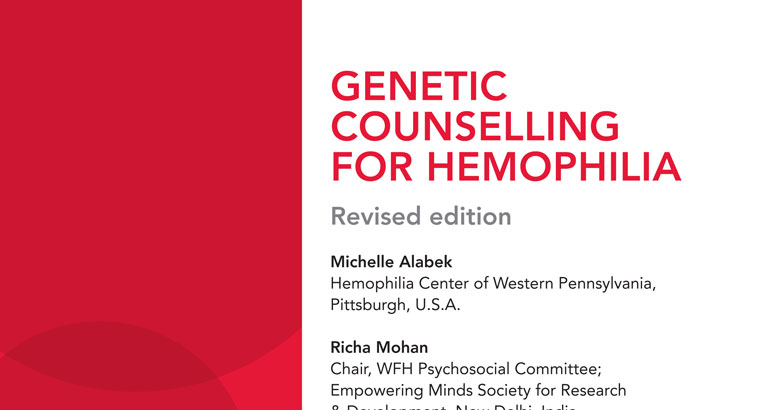
Genetic counselling constitutes an integral part of the comprehensive hemophilia care team providing people with hemophilia, and their families, clinical and scientific information, supporting individuals through the decision-making process regarding prenatal and carrier testing, and offering individualized psychosocial assessment and counselling before and after genetic testing. This resource introduces genetic counsellors, the genetic counselling process, […]
Fibrinolytic Inhibitors in the Management of Bleeding Disorders
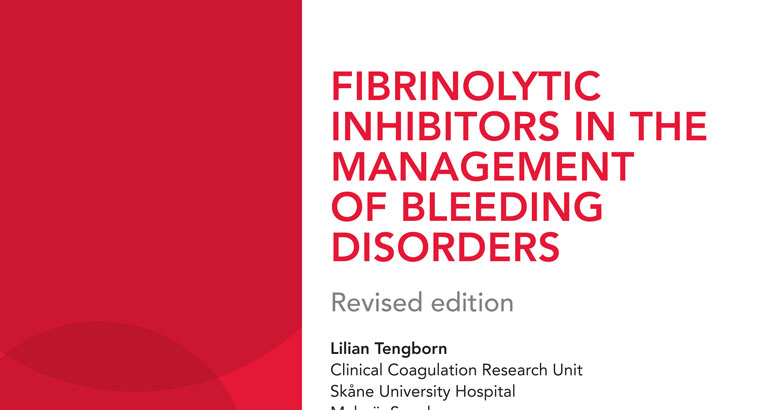
A description of the mechanism of action of fibrinolytic inhibitors and their use in the treatment of inherited bleeding disorders including hemophilia A and B, von Willebrand disease, and platelet disorders.
Mild Hemophilia
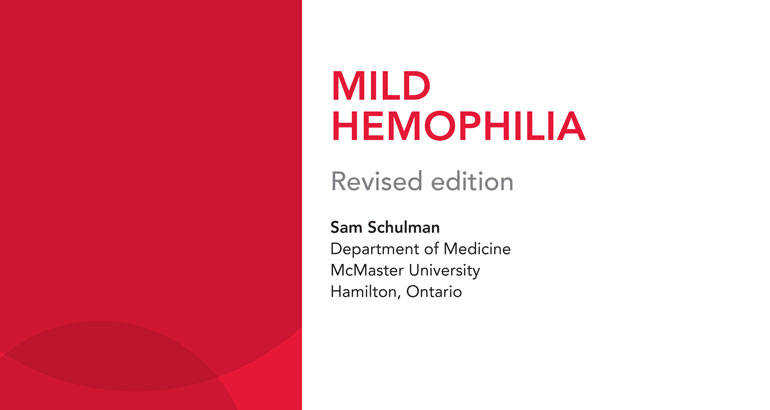
A discussion of the mild forms of hemophilia A and hemophilia B, from epidemiology and molecular basis, via diagnosis, to the treatment options available.
Acquired Hemophilia
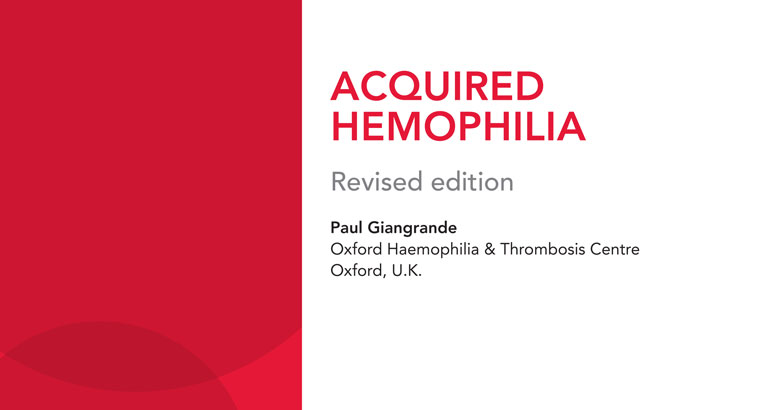
Acquired hemophilia is a rare condition caused by the production of autoantibodies, which inactivate factor VIII. This paper provides an overview of this condition that affects both men and women, its clinical features, epidemiology, laboratory diagnosis, and management.
Rehabilitation of Muscle Dysfunction in Hemophilia
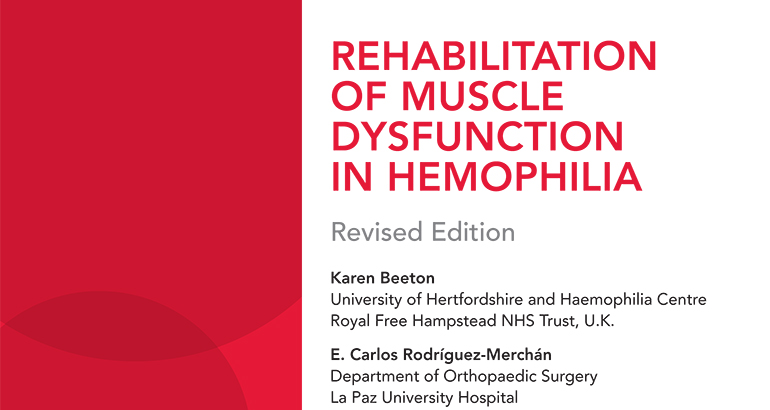
This paper describes physiotherapy management following acute muscle bleeds and the assessment and treatment of muscle imbalances that may occur in hemophilia.
Desmopressin (DDAVP) in the Treatment of Bleeding Disorders
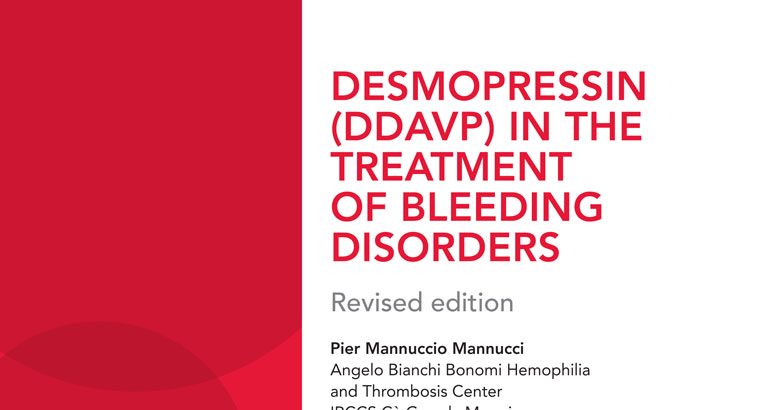
This report reviews the spectrum of indications of desmopressin in the treatment of bleeding disorders.
